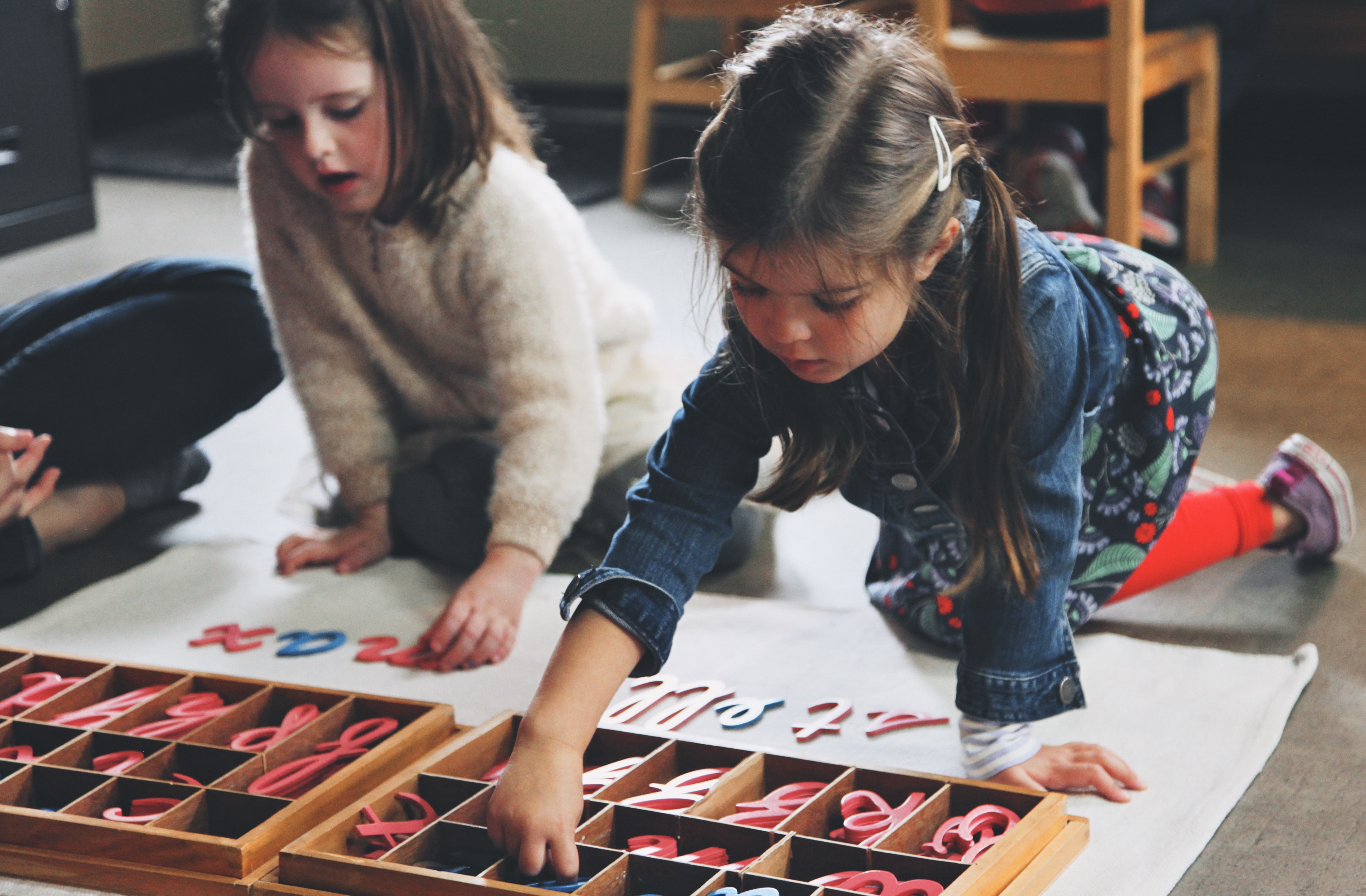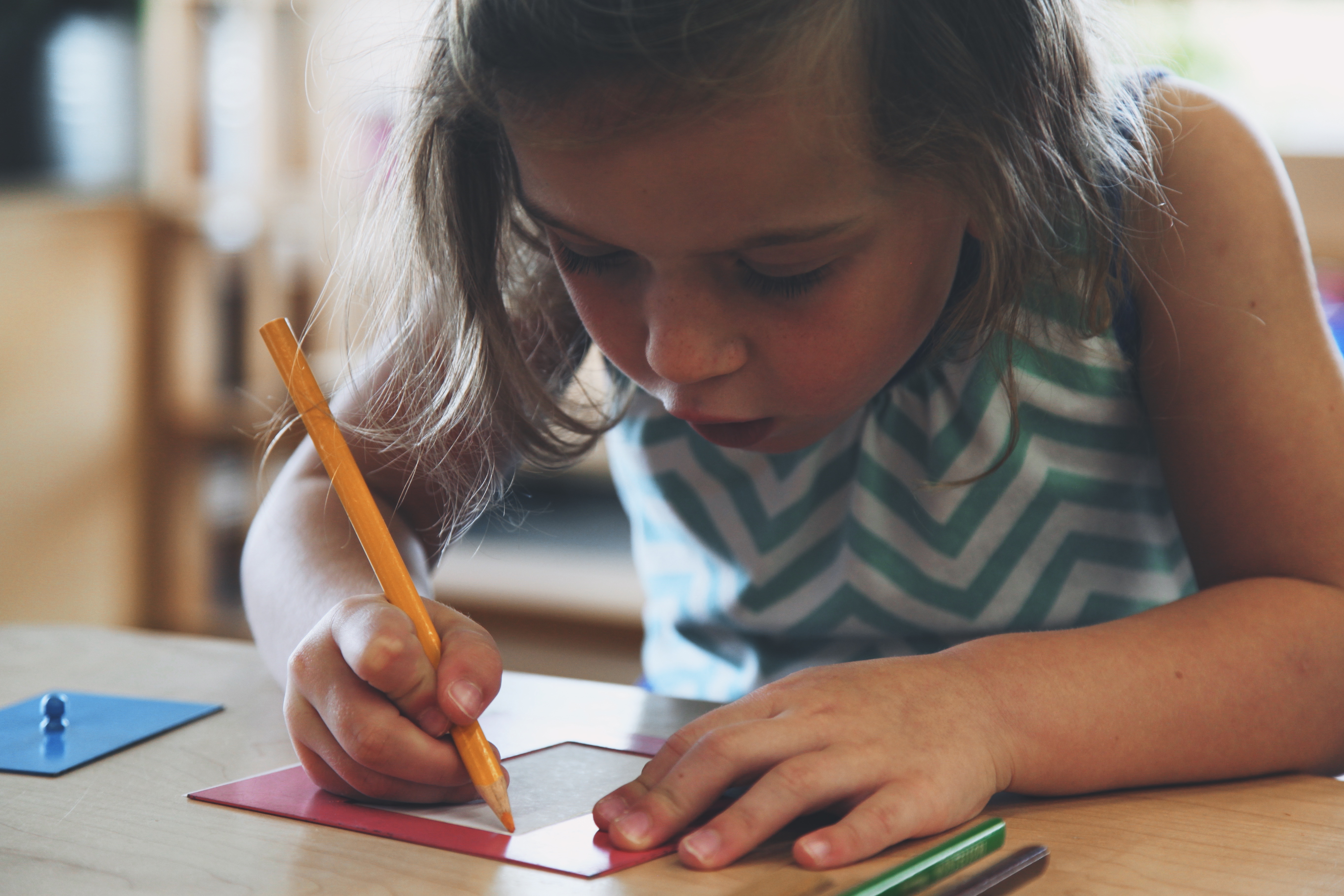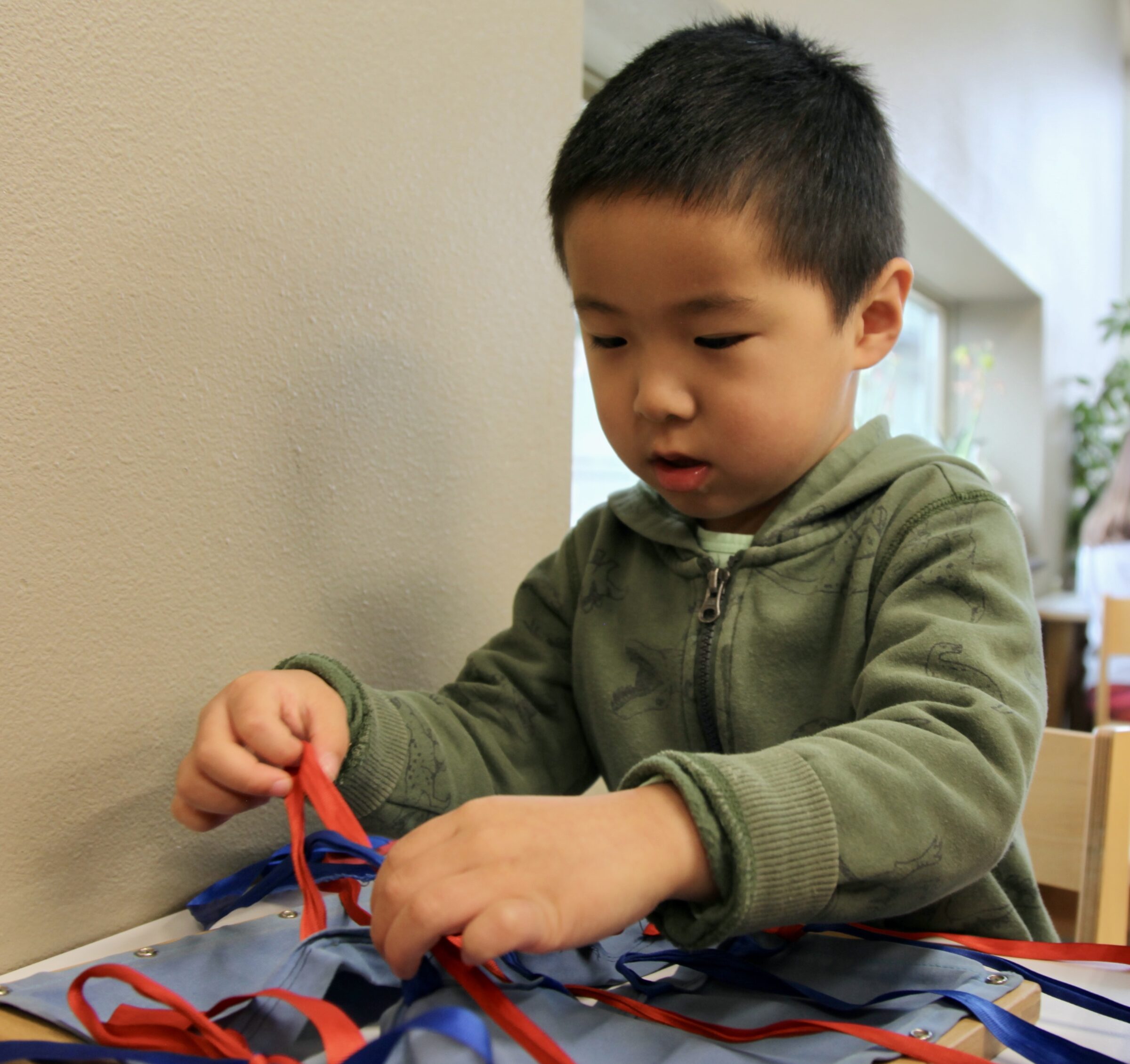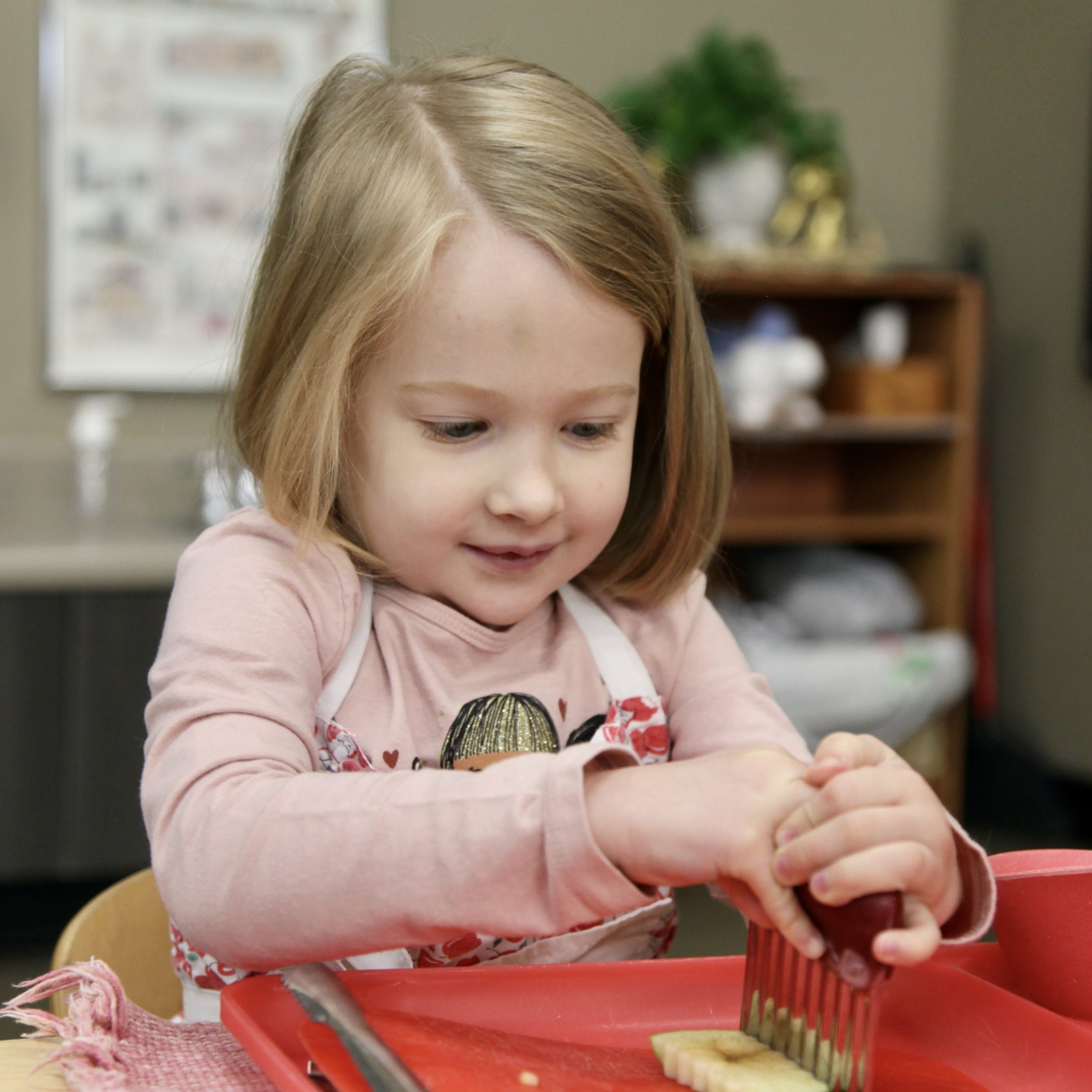Comparison
Podcasts
It would be so easy to say, we should never compare. Are there ever times when comparison serves us? Absolutely, though it’s more subtle than we realize. In fact, most of the comparisons we make, we might not even notice.
We compare all the time. This versus that. Which apples are on sale? Which book meets my needs better? Do I want to exercise or read? Decision-making is comparison — what do I know about my current situation, and what choice is going to be most beneficial for the future? Without even overtly thinking about it, we apply logical thinking to analyze the facts we know and predict the future. Comparison. It’s so much bigger than which pair of shoes to wear, or toast or oatmeal for breakfast, or go out or stay in. It’s decision-making, logical thinking, planning.
“Comparisons can sometimes lead to worry, and unnecessary stress.”
Sometimes, comparison is even helpful in our work supporting children. Sometimes we know a child is feeling poorly because, “she’s just not herself.” No fever, no tummy troubles, just, not her usual self. This is a comparison. We’re measuring what we’ve experienced of this child against what we’re seeing now, and evaluating if we need to do anything in response.
Comparison gives us a way to measure how far we have come. Yesterday you knew 6 letters, today you recognize 4, tomorrow you might recognize 12. Without comparison, there’s no way to know if the help we’re providing is useful, if we’re moving in the right direction, if we might need to pause and re-evaluate.
Comparisons can sometimes lead to worry, and unnecessary stress.
We might compare a child to an older sibling or a child we know dearly. His brother was walking at this age, should I be worried? My friend’s two-year-old is already talking, what am I doing wrong? She doesn’t want to read, and her cousin reads all the time, should we be doing more drills and flashcards?
Perhaps we could say, comparisons tend to be detrimental when “should” comes into the picture.
Theoretically, we know we should Trust the Child — she’s developing at her own pace, and each child is unique — and Follow the Child — he will show us what he needs, and adapting to those needs is what will pave the way for success. When things get tricky, is when we’re putting Theory into Practice, when we’re talking about This Child instead of the Hypothetical Child.
This comparison, even ways that don’t necessarily benefit the child, comes from a good place. At the root of it, we’re looking for what we need to do, should I be worried, should I do more, do less, do differently. There’s so much at stake, and we don’t want to fail our children.
This is when we must remember to breathe, to be patient and kind with ourselves, and with our children. To be gracious. To perhaps take note, to tell our logical brains, “thank you for noticing that,” and file it away. Is a pattern emerging? Is this our love-instinct kicking in, telling us to pay attention, because maybe something is happening here, a cold, or a growth spurt, or a need for a bit more TLC? Or is this worry, the weight of the responsibility for a small human, the world rushing us along?
Observation is key. We watch and wait. We wait and see. What do I notice? What do I know about this child? And what, if anything, do I need to do about it?
We ask trusted advisors. We ask those in our community who share the responsibility for raising this child — our partners, educators, coaches. We pay attention. We recall a previous time when we might have seen a similar behavior or activity from this child, and what happened afterward. We do our best. That is what the child is doing; that is all we can do — our best.
Written by:
Charlotte Snyder





